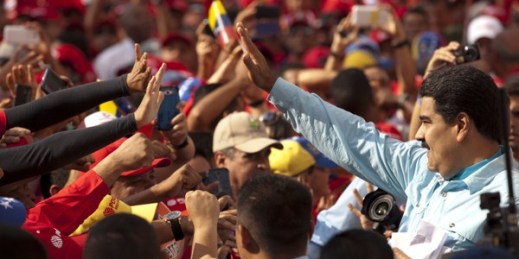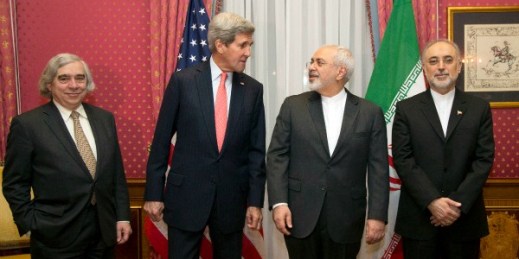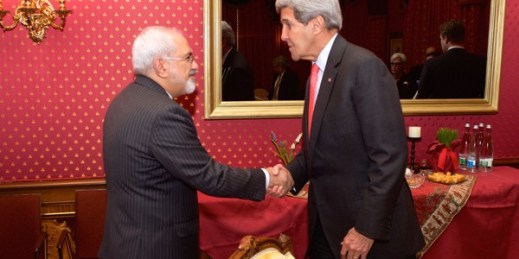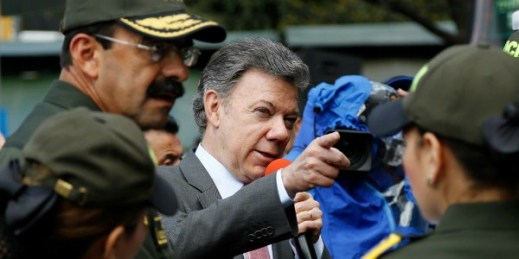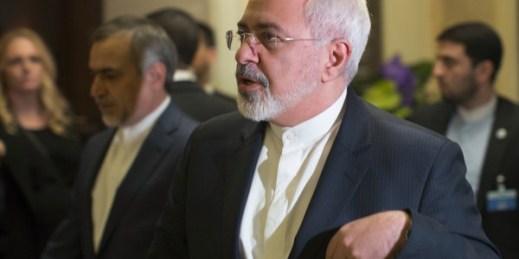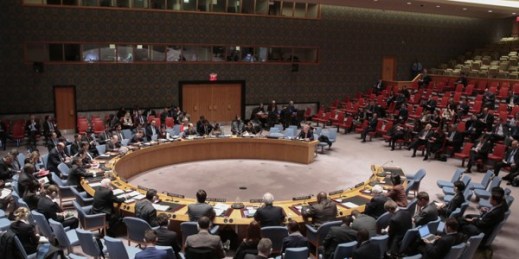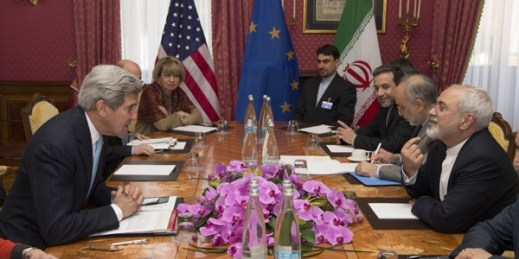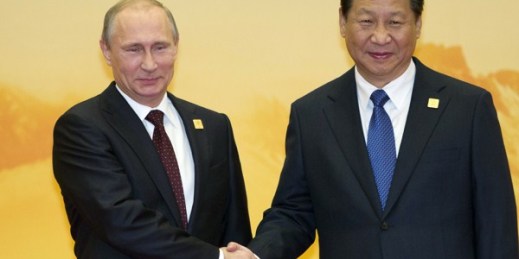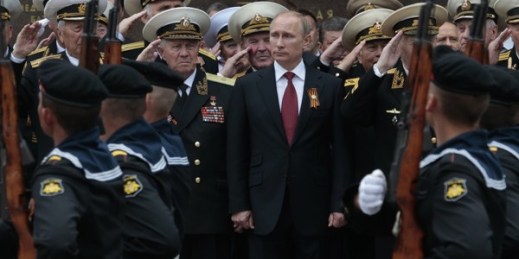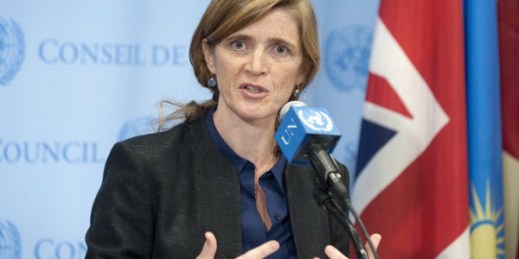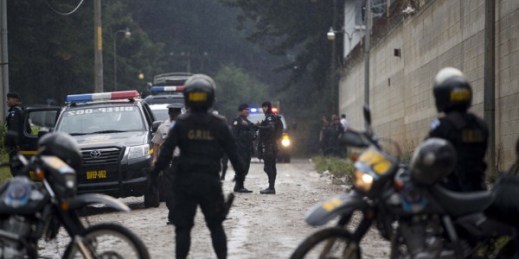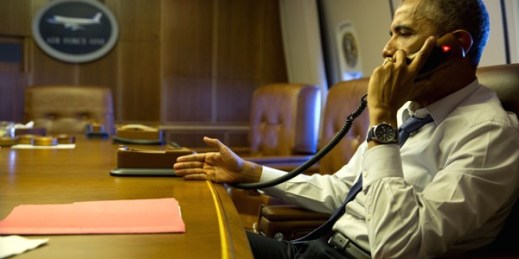
Since the creation of the all-volunteer force in 1973, finding enough high-quality recruits has been a constant challenge for the U.S. military. It became a bit easier after the Sept. 11 attacks, as patriotism and anger inspired many new volunteers to sign up, and after the global financial crisis, when the shortage of jobs led many young people to consider the military as an opportunity for social mobility. When there are no pressing threats to national security and the economy is on a steady keel, however, military recruiting becomes harder. What’s more, social and demographic trends suggest that it is […]

